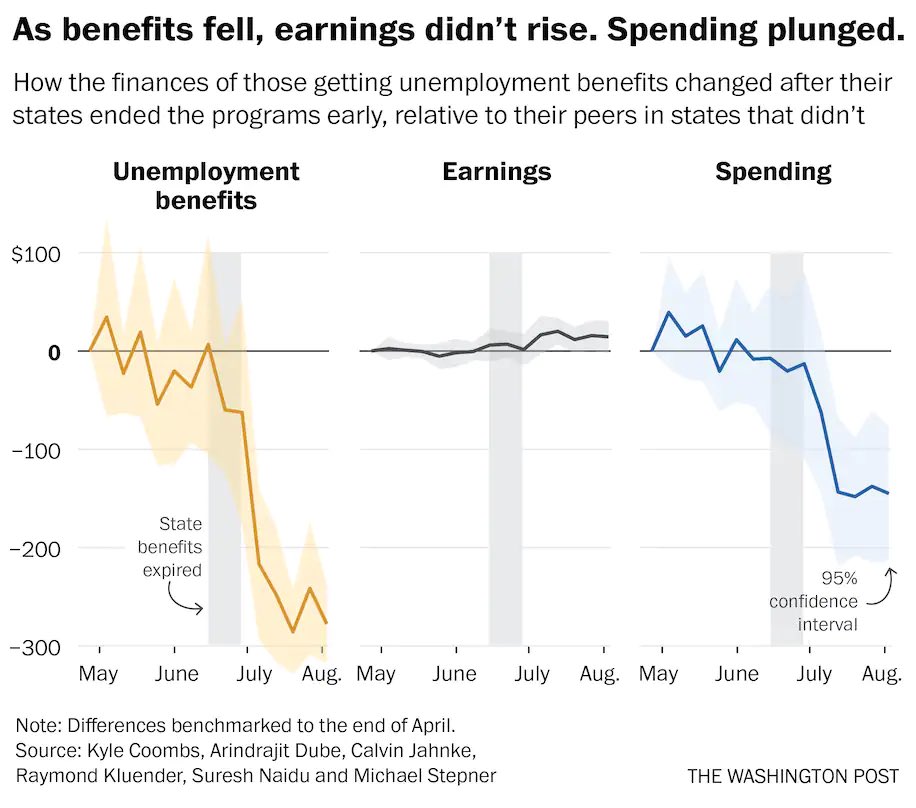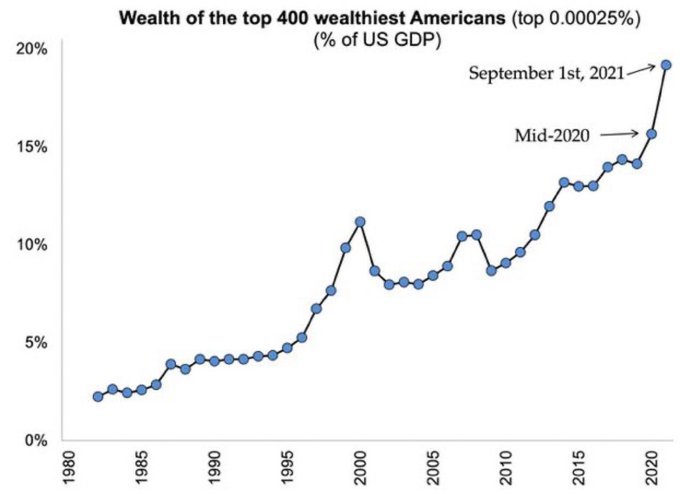So, Biden’s approval ratings have dropped a lot.
This is because he left Afghanistan and the military, intelligence, and foreign affairs (the blob) establishments don’t want to. The withdrawal has actually gone well, with hardly any casualties, and while there are some exceptions, overall the Taliban is letting people leave who want to leave, which is in their interest, anyway, something clueless fools seem unable to fathom.
So Biden’s been hit non-stop with bogus media about this withdrawal, which is one of the only good things he did. The US war in Afghanistan was a matter of murder-robots and murder squads making night-time hits. Civilian casualties were sky high, the “army” they created was full of pedophilia (look it up, and be ready to feel sick), and the government was corrupt as hell.
Ironically, Biden has been mostly a bad President in other ways, for which he has not been attacked en masse by the media. Covid has been handled badly. His promise to support breaking Covid mRNA patents is a dead letter because he hasn’t made it a priority when dealing with holdouts like Germany. (He could easily have traded that with Germany in exchange for dropping US opposition to the Russian pipeline to Europe Nordstream, but gave them that for nothing.)
The CDC’s advice and rule-making has continued to be haphazard at best, and Biden has been a cheerleader for sending children back to school, which is going to be an absolute disaster. It’s safe to say that Biden’s handling of Covid has been as lackluster as Trump’s, but it’s actually going to kill more people overall due to Delta and him being around for longer.
Conveniently, as with Trump, no real effort is being made to accurately count Covid deaths, and the real death toll will be determined post-facto through population studies.
Economically, he has gotten little through the Senate and been unwilling to use his executive power for much. As would be expected from the man who made sure students couldn’t discharge loans in bankruptcy, he has relieved hardly any student debt. He’s constantly authorizing new oil and gas drilling, so it’s hard to take him seriously on climate change, despite some lovely rhetoric.
The economy was bouncing back from Covid (thus my prediction of a boom a few months ago, which was right for a brief period — but not as long as I expected), but last months’ numbers were anemic. The end of moratorium restrictions, the draw-down of support payments and the surge of Covid which is going to get worse, not better, means the US economy is about to take a new hit. People who have no choice will work where they must, but people who do have a choice, won’t, and those are the people with money to spend.
Overall, Biden’s done one good big thing, for which he has been slammed, and otherwise been a status-quo-don’t-do-much-fiddling sort of guy. There’s still hope some good things will happen, as with the move to break up Facebook (though the judge is clearly hostile), but overall, Biden’s about what he seemed likely to be.
A pity. As with Obama, he came into office in the middle of a crisis, and could have used that crisis to be a good President — even without control of the Senate. He’d rather not be, though, and that’s understandable. Biden’s one of the most important architects of the neoliberal world we live in, and while he’s a better man than Obama (no great feat), to expect him to dismantle key spars of it was always too much.
The real election was the primary, and Obama, Clyburn, and Warren made sure Biden won that, and the one politician who would have sincerely tried to change things, Sanders, did not become President.
The consequences for that will reverberate through the next 40 years or so. Along with the all-out push to defeat Corbyn, no matter what it took, Sanders was the last chance to mitigate climate change and inequality.
As for Biden, he seems likely to go down as a caretaker president at best.
(My writing helps pay my rent and buys me food. So please consider subscribing or donating if you like my writing.)


